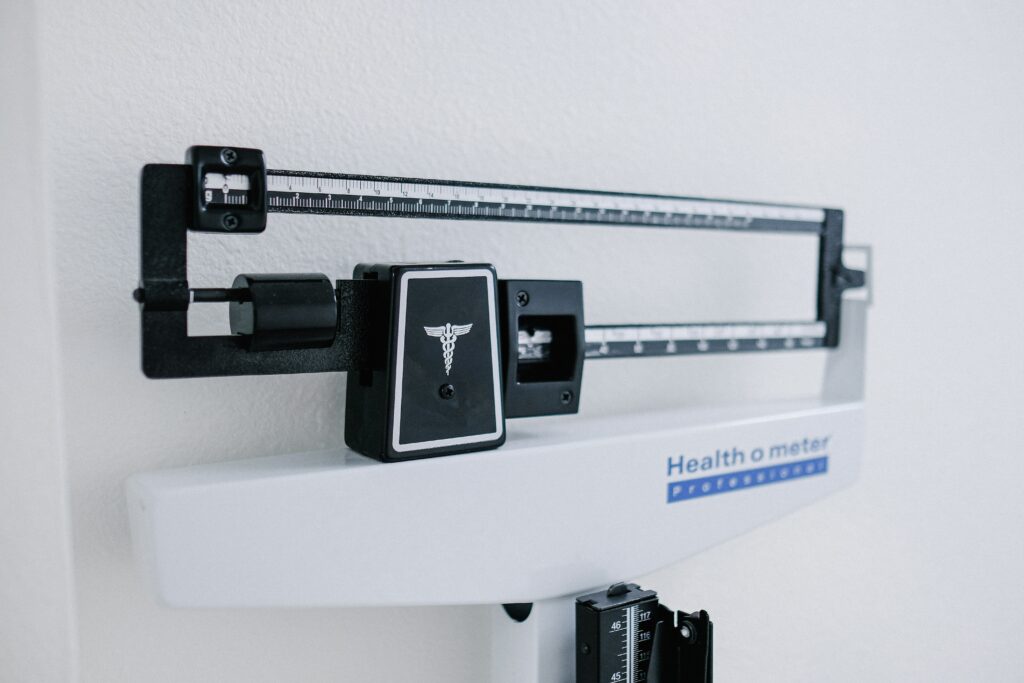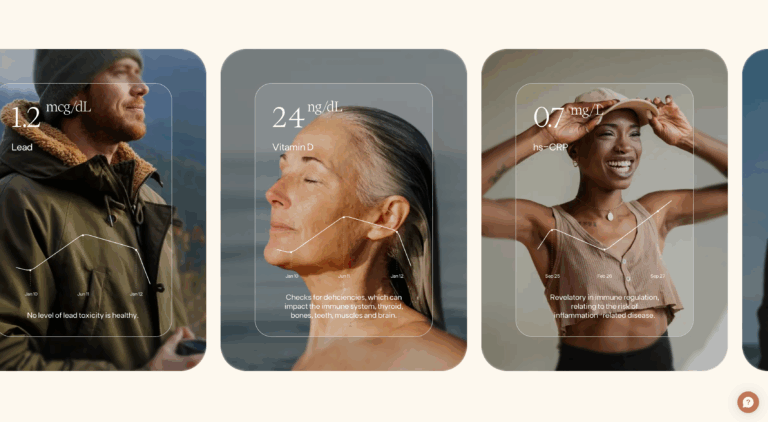Global obesity just reached an unthinkable milestone.
The latest: A study published in The Lancet suggests more than 1B people, or one-eighth of the world’s population, are obese.
- Obesity has doubled in adults and quadrupled in children (aged 5 to 19) since 1990.
- Polynesia, the Caribbean, and the MENA region have the fastest-growing rates for kids.
- 43% of all adults are at least considered overweight.
Rising Tide
Authors attributed industrialized food and waning physical activity to the sharpest gains. But it’s nothing new in the US.
Cash-rich but health-poor, America’s obesity rates increased from 15% of the population in the ’70s to over 40% today.
Double standard. Obesity costs the US $172B annually to treat.
Understated, the crisis is redlining — with the already-healthy spending more on “fixes” than ever, all while outcomes worsen.
- The US spent $425B on recreational physical activity (sports, fitness, and mindful movement) in 2022, per GWI.
- The North American market for health-labeled foods and supplements is >$1T.
- Expanded GLP-1 coverage for obese Medicare holders could cost $26.8B annually.
For those requiring a lifestyle change, first-line interventions like these are often administered too little and too late — costing those whose lives depend on it the most.
Takeaway: The weight of the world is a heavy burden, and touting fitness, nutrition, or weight loss shots individually is no match for a society programmed for the path of least resistance.






